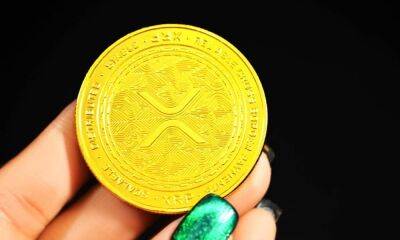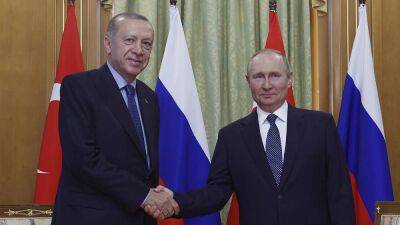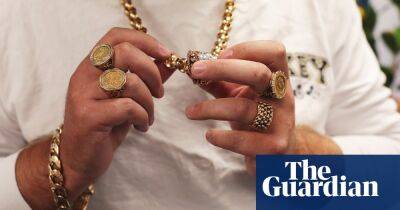Pheasant shoots scaled back across UK after bird flu import bans
Pheasant shoots across the UK are being shut down or dramatically scaled back this year because of import bans on the birds after an outbreak of bird flu.
A huge number of the gamebirds shot in the country are imported from factory farms in Europe. Experts have said this practice should stop or be reduced because it risks spreading disease and has troubling implications for native nature and biodiversity.
Just under 50 million pheasants are usually released each year from continental farms. A recent study suggested that at their peak in August each year, non-native common pheasants and red-legged partridges make up about half of all wild bird biomass in Britain. The annual shooting season begins on 1 October.
Jeff Knott, the central and eastern England director at the RSPB, said: “The most important thing from our perspective is the bird flu situation underlines the risks of importing and releasing millions of birds into the British countryside with very little oversight. It is a very, very unregulated industry and it is something that needs to be looked really hard at.”
He called for more regulation for shoots. “There are inherent risks with bringing so many birds in, and releasing them into the countryside. There is a need to look at greater regulation of the industry to make sure we are not putting native wildlife at risk. Estates don’t have to report how many they are bringing in, releasing, how many are being shot.”
Mark Avery, who co-runs the nature campaign group Wild Justice, said: “This is a wake-up call for shooting. Importing tens of millions of non-native pheasants is hardly traditional or sustainable. The environment will benefit – all those gamebirds harm our native species. Pheasants gobble up snakes and
Read more on theguardian.com

















